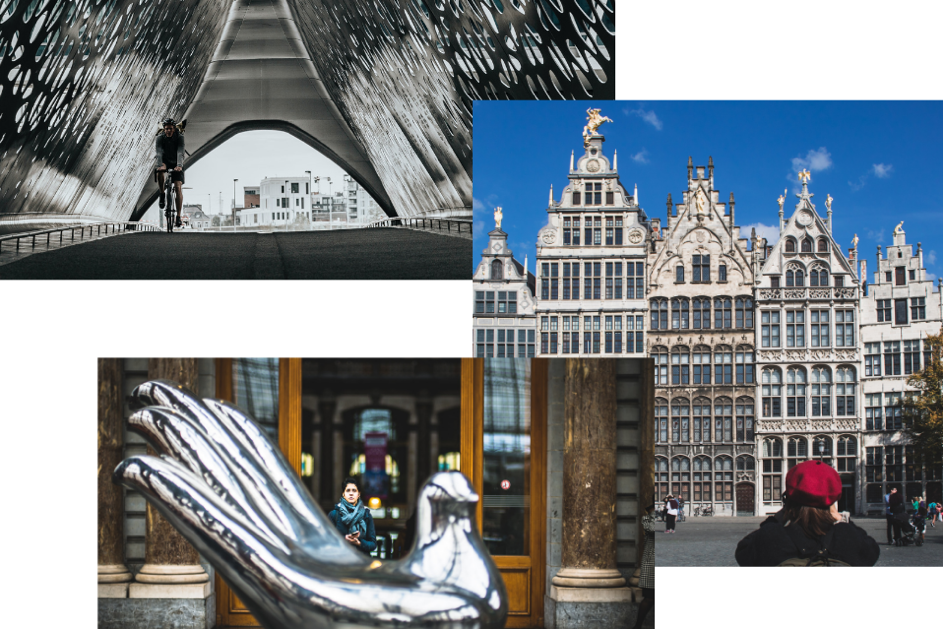2022 HDCA Conference – Antwerp, Belgium
Home Page
The HDCA annual conference will take place from 19-22 September 2022.
“Capabilities and Transformative Institutions”
How can we organize today for the world of tomorrow? Covid-19 has taught us that we are not ready. We have re-discovered our common vulnerability – not only to a virus, but also to problems and difficulties arising from policy mismatch, institutional hiccups, authoritarian backlash and the effects of increasing national and international inequality. Divided we have stood, unable to act well in concert. How can we improve the structures of living together and face the challenges ahead to build a more just and sustainable world? The HDCA Conference 2022 puts this question center stage.
Institutions, social arrangements, or the structures which emerge from our social ways of living, have been considered from many perspectives through the range of disciplines that engage with the capability approach. The conference will provide an opportunity to let these various understandings speak to and learn from each other.
Welcome to Antwerp!
The UAntwerp has an important research and teaching tradition in social justice and active pluralism in the social and human sciences. The Conference has been set up in such a way that all social and human science faculties participate in it. We can also count on the The University Centre Saint-Ignatius Antwerp (UCSIA), well versed in building bridges between academia and wider society in the area of social justice.
This Conference will also be the culmination of the 20th anniversary year of the Institute of Development Policy (IOB). The Human Development & Capability Association stands for a multi-dimensional vision of development, as it gives central attention to human agency as both the end and the means of development and as it assigns a constitutive role to public debate and deliberation in the development process. In this, it provides for the core ingredients of the work the IOB has been cultivating over the last two decades.
The conference venue is located at a mere 10 minute walk from the old city center of Antwerp, with many opportunities to relax, have dinner or simply stroll around. Throughout history, and today, Antwerp connects to the world through its inland port, with direct yet sheltered access to the North Sea. During the pre-conference you will have the opportunity to explore one or more traces of the traditions that have been shaping the city.
Call for Proposals
DOWNLOAD THE CALL FOR PROPOSALS HERE
We invite work on capabilities and institutions related to three overarching issues:
First of all, we invite contributions that explore the interrelation between institutions (economic, political, social, cultural) and people’s opportunities to be and do what they value, with a special emphasis on how institutions may have an unequal impact on different social groups. Sen’s early work on the role of democracy in preventing famines and, more generally, on the way in which economic and political incentives may exacerbate or overcome social divisiveness, both within and across national borders, points to the importance of this issue.
Secondly, diverse disciplines and strands of the literature provide different angles from which to discuss individual agency in relation to social structure and our ability to act in concert. It is not only that human sociability is intrinsically rewarding (regardless of the material benefits provided by different social structures), but also—as authors like Paul Ricoeur, drawing on Hannah Arendt, argue—that the “structures of living together” play a constitutive role in situating both ourselves and others as distinct yet equivalent beings and in shaping structures of solidarity. Further contributions to this debate can inspire us to find new ways to transform unjust structures and unsustainable ways of living.
Thirdly, institutions organize collective decision-making. In the work of both Martha Nussbaum and Amartya Sen, considerable room is made for “government by discussion” as a crucial link between individual ideas about the good life and reasoned social choice. The reflection on ways to deepen democracy and to promote participation at multiple levels of decision-making has been part and parcel of the development debate in the Global South. In the Global North, this reflection has recently taken another turn, with the emergence of what has been called “polaritics”, the related debates on the potential of the New Media to contribute to or challenge democratic decision-making, and on the impact of economic inequality on democracy.
While the conference call is open to all types of contributions that engage with the broader theme of human development and capabilities, we would especially like to invite papers that engage with one of the above three broad areas.
We invite scholars, activists, policymakers, practitioners, and students working in the area of human development and capabilities to Antwerp, Belgium. We look forward to hosting participants from a wide range of research themes, topics, methods, professions, and regions to engage in innovative conversations with each other, and to find new synergies in advancing the core aims of the Human Development Paradigm. We especially welcome those who are new to the field, introducing us to fresh ideas and perspectives. We would also like to expressly invite participants from the Global South, from ethnic minorities and from Indigenous peoples.
In addition, the conference will also host a number of sessions organized by the coordinators of the different thematic groups and regional networks of the Human Development and Capability Association.
HOW TO SUBMIT YOUR PROPOSAL
Please download and read the full Call for Proposals.
Call for Proposals HDCA 2022_Final
Then submit your proposed poster, paper, or panel online from 1 December 2021 (https://www.conftool.org/hdca2022)
If you encounter any problems, please contact the conference organizers by email (hdca2022@uantwerp.be).
To ensure academic quality, all submissions will be assessed by two reviewers, at least one of whom is an HDCA Fellow or a senior researcher in the field.
IMPORTANT DEADLINES
EXTENDED DEADLINE: 23 February 2022 – Closing date for submission of proposals
15 April 2022 – Announcement of acceptance/rejection
30 April 2022 – Deadline for scholarship applications
1 May 2022 – Opening of conference registration and final decision on conference format
26 June 2022 – Deadline extended for conference registration at early-bird rates
15 July 2022 – Deadline for paper submission for Kuklys prize
15 August 2022 – Final deadline for conference registration at standard rates
15 August 2022 – Submission of full papers/posters/presentations
Parallel Sessions: Types of Proposals
Types of proposals for parallel sessions
In addition to keynote lectures and other plenaries, the conference will accommodate eight types of sessions. Except for the poster sessions, all of them can take place either in-person in Antwerp, or online, at the end of day 2 or early day 3 of the conference:
- Academic paper sessions, for which single papers can be submitted. Each paper will be presented in a session with 2 or 3 other submissions (25 minutes per paper including Q&A). Please send an abstract of 500-1,000 words, with a list of 3-5 keywords.
- Research and Action sessions, for which a set of presentations can be submitted, describing and analysing a particular field of action and the way it links with the human development paradigm and/or capability approach. Each session will include 3 or 4 other presentations (20 minutes per presentation including Q&A). Please send an abstract of 500-1,000 words, with a list of 3-5 keywords for the whole set of presentations. In addition, an abstract of 500-1,000 words, with a list of 3-5 keywords, should accompany each single presentation. A coordinator will act as the contact person for all presenters.
- Thematic panel sessions, for which a set of presentations on a single theme related to this year’s conference theme or to the subject of one or more of the HDCA’s thematic groups is submitted. Panel proposals are welcome from the thematic group coordinators as well as from people unaffiliated with them. We particularly welcome interdisciplinary panels and panels that combine academic perspectives with those of practitioners. Each thematic panel should have a maximum of three presentations. It is also possible to propose two panels on the same theme. Each theme must have a coordinator who submits a panel abstract of up to 1,000 words, plus 3-5 keywords. In addition, an abstract of 500-1,000 words, with a list of 3-5 keywords, should accompany each presentation. The coordinator will act as the contact person for the thematic session(s) and the other panel presenters. (NB: If not all of the papers in the proposed panel session are evaluated favorably, the approved papers will be regarded as individual submissions and may be allocated to the sessions listed in point 1.)
- Author-meets-critics sessions, in which an author presents a summary of a recent book or larger piece of research. Each author should send a 500-word synopsis of the relevant book or research project, along with 3-5 keywords. The submission should also include the names of one or two confirmed discussants. Discussants can be researchers, but we particularly encourage including at least one practitioner (or organization) as proposed discussants.
- Roundtables, which are intended to engage policymakers or (non-)governmental stakeholders, or to organize discussions with practitioners about practical approaches to dealing with the problems that are the focus of the conference. Please send a 500 – 1,000 word abstract, plus 3-5 keywords. Also include information on the roundtable participants, affiliations, and whether the participation of each of them has been confirmed. Submissions can be academic-led or practitioner-led.
- Young-scholar-meets-senior-scholar sessions, intended for graduate students to present their research plan or work in progress (proposals should be 500-1,000 words, with 3-5 keywords). Senior scholars, including HDCA Fellows, will provide feedback and chair the discussion.
- Documentaries. If you would like to present and discuss your film or documentary during this conference, please send in a proposal with background and motivation (500-1000 words).
- (not available online:) Poster exhibition, for which dedicated time slots will be available in the program so that authors can communicate their ideas to the circulating audience. Posters could present a research project, some completed fieldwork, a case study, or an early-stage research proposal. Please send an abstract of 300-600 words, with a list of 3-5 keywords.
Keynote Speakers
KEYNOTE SPEAKERS
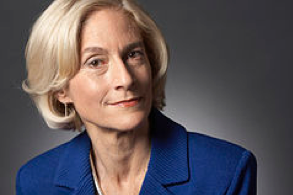
Martha Nussbaum
University of Chicago
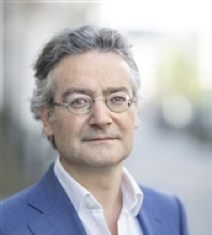
Bas van Bavel
Faculty of Humanities, Utrecht University
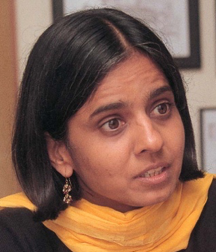
Sunita Narain
Centre for Science and Environment (CSE), University of Delhi
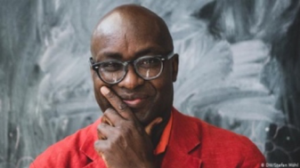
Achille Mbembe
Wits Institute for Social and Economic Research, University of the Witwatersrand
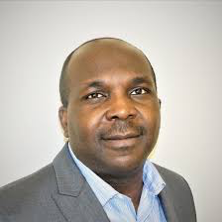
Bonny Ibhawoh
Centre for Peace Studies, McMaster University
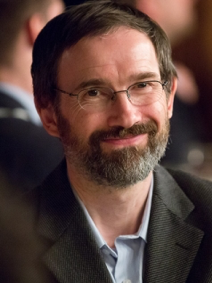
Marc Fleurbaey
Paris School of Economics
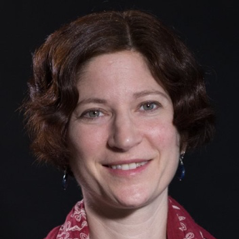
Julia Steinberger
School of Earth and Environment, University of Leeds.
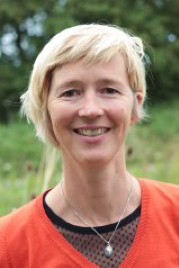
Priscilla Claeys
Centre for Agroecology, Water and Resilience, Coventry University
Conference Program
Global Dialogue Day (free and open to all)
Global Dialogue Day (GDD) is a free online event open to all, taking place on 19th September. It includes parallel sessions and webinars bringing together academics, leaders, and practitioners of human development and diverse voices from across the world to discuss the most pressing global challenges and emerging challenges to human-centered development.
GDD will include a day-long series of multifaceted discussions including but not limited to education, decolonisation, development ethics, neuroscience, and environment. The interactive sessions organised by the HDCA thematic group and regional network coordinators will give you the opportunity to explore and enquire about the opportunities and challenges concerning SDGs and human development in different regions. This dialogue will also highlight the importance of multi-regional and interdisciplinary engagement to initiate a global discussion on contemporary issues, movements, and tensions in the field of human development.
Summer School 2022
Saturday 17 and Sunday 18 September 2022
University of Antwerp, Belgium
Summer School Programme
The summer school aims to develop participants’ knowledge and understanding of key concepts in human development with a particular focus on the capability approach. Giulia Greco and Oliver Mutanga will lead the summer school, together with special guest tutors.
The two-day programme will include sessions delivered by senior HDCA academics on the nature of human development; foundational concepts in human development and the capability approach; measurement issues; inequalities and social justice; and the role of institutions. There will also be opportunities to get group feedback on research projects in a workshop-style format.
Accepted participants will be given pre-course preparation to do ahead of the summer school. All sessions will be in English.
Summer School Eligibility
The programme is specifically aimed at doctoral students and post-doctoral scholars who already have some understanding of development issues and are currently working with the capability approach. To be eligible for the 2022 HDCA summer school you need to be a current doctoral student or postdoctoral researcher (within 3 years of receiving doctorate) working with or interested in the capability approach. You must also be attending the main HDCA conference in Antwerp (separate registration and payment required).
Committees
PROGRAM COMMITTEE
Alejandra Boni, Ingenio, CSIC Universitat Politècnica de València, Spain
Bea Cantillon, Faculty of Social Sciences UAntwerp, Belgium
Koen De Feyter, Faculty of Law, UAntwerp, Belgium
Melanie Walker, Higher Education & Human Development, University of the Free State, South Africa
Guido Erreygers, Faculty of Business & Economics, UAntwerp, Belgium
Faith Mkwananzi, Higher Education & Human Development, University of the Free State, South Africa
Elaine Unterhalter, Centre for Education & International Development (CEID), UCL, United Kingdom
Luc Van Ootegem, Faculty of Economics and Business Administration, UGent
Tom De Herdt, Institute of Development Policy, UAntwerp, Belgium (Conference Chair)
ORGANIZATIONAL COMMITTEE
Tom De Herdt, Institute of Development Policy, UAntwerp
Frédéric Huybrechs, Institute of Development Policy, UAntwerp
Joelle Dhondt, Institute of Development Policy, Uantwerp
Hans Debacker, Institute of Development Policy, Uantwerp
Charlotte Teunis, Institute of Development Policy, Uantwerp
Elsy Verhofstadt, Faculty of Economics and Business Administration, Ugent
Barbara Segaert, University Centre Saint-Ignatius, Antwerp (chair)

